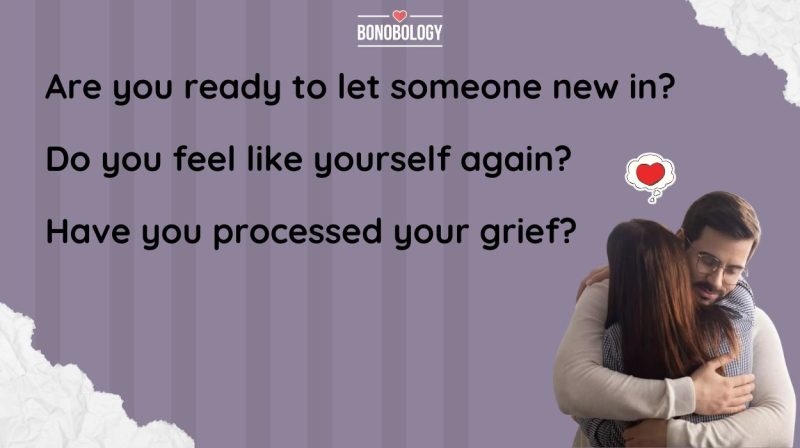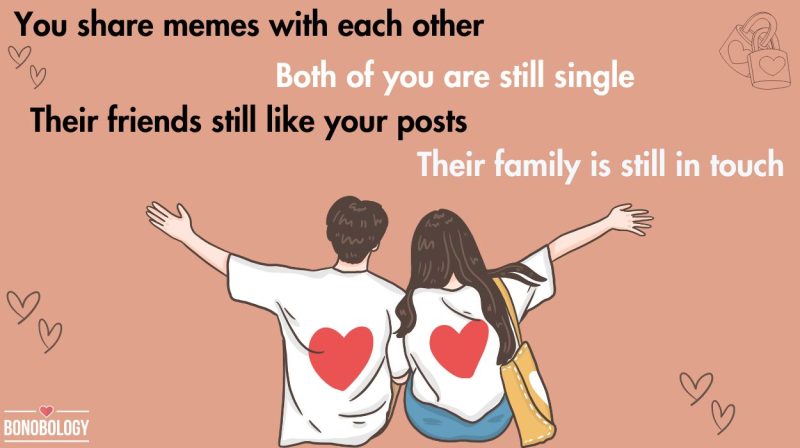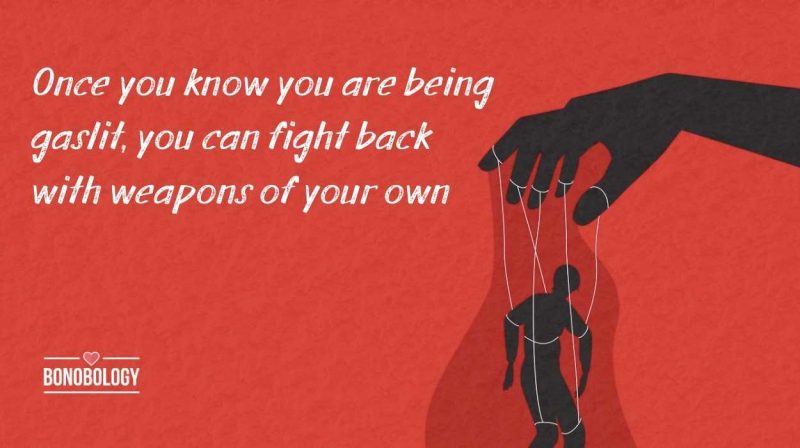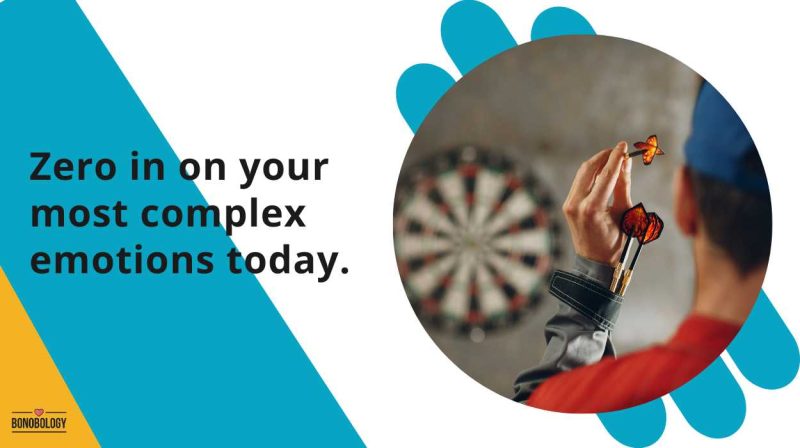Here is a roundup of healthy, unhealthy and abusive relationships for you to identify the signs of each. The problem with toxic relationships is that the red flags are often hard to notice. Even though the signs all exist, bad relationships continue to give you reasons to stay even at the cost of your well-being.
Trevor loves Chloe with all his heart but is very disrespectful of her opinions. He never lets Chloe make any decisions and this terribly affects their live-in relationship. Trevor likes to be in control and often walks all over Chloe’s feelings. The sad thing is that Chloe knows how much Trevor truly loves her which is why she chooses to condone his wrongdoings.
Our advice is don’t be a Chloe. We all do good and bad things in relationships but there is never a good enough reason for someone to treat you unfairly. This list of differences between healthy, unhealthy and abusive relationships is meant to help you identify, pinpoint and isolate what you might be going through.
Difference Between Healthy, Unhealthy And Abusive Relationships
Table of Contents
Abuse can be physical, emotional, financial, spiritual and or religious in nature. Different forms of abuse can occur in tandem. For example, financial abuse may be about controlling your finances, but it’s also emotional or verbal in nature. However, physical abuse may be easier to notice as compared to other forms, because of its nature.
Let’s discuss today certain markers, which must raise relationship red flags of abuse, other than physical, in your relationship. One important aspect to understand is that the need for love, respect, acceptance and support remains common across cultures for all genders. To truly understand the difference between healthy, unhealthy and abusive relationships, one needs to pay close attention to the following factors:
1. Control vs autonomy
One of the big markers of abusive behavior in relationships stems from a need to control. Abusers actively look for control in a relationship to exert dominance. He/she may strictly control your finances, irrespective of your financial independence or dependence on them.
They may indulge in or demand sexual acts as per their wish and be forceful during sex. They may force their religious and spiritual belief on you and stop you from practicing your faith even, which should be a totally personal choice. In addition, they may control your social movements, restrict who you hang out with and get jealous easily.
The difference between healthy vs unhealthy relationships is that one enjoys autonomy in a good relationship. While partners are allowed to influence decisions and choices to an extent, they are also expected to respect the other person’s boundaries. In a healthy relationship, your partner will give you advice but will never try to influence your decisions or force their will on you.
Related Reading: Men can be harassed and abused in a marriage too
2. Criticism vs support
You may notice your partner almost always being critical of you, from being indifferent to showing no support at all, even at times when you most need it. Small mistakes will be blown out of proportion, with rigid demands of adhering to their standards of perfectionism.
Be it your job, dressing style, life choices, simple everyday tasks or you as a person, they will point out flaws and be critical of your shortcomings, almost always in a demeaning manner, showing no regard for your achievements and accomplishments. These are straight-up signs of being a toxic couple.
One of the healthy vs abusive relationship facts is that the former is filled with abundant love and support. Yes, we all need a little constructive criticism at times but it needs to stem from a place of concern and not hatred. When you are with somebody who truly loves you, they will show you the mirror but also hold your hand and tell you that you are not alone.

3. Blame vs. responsibility
There is a difference between love and abuse and you must always be smart enough to point it out. When you are with the wrong person, they will never take responsibility for things gone wrong. You will always be at fault and the one to blame for the unhappiness, mistakes and problems in life for them.
They will never show remorse for their behavior and/or acknowledge it as inappropriate, often blame-shifting in the relationship and calling you stupid, childish, and irresponsible and/or oversensitive.
When discussing healthy vs unhealthy relationships, one stark difference emerges – in healthy relationships, couples are far more accountable to their own actions. They are not afraid of being wrong and choose to own up to their wrongdoings instead of causing more hurt.
Related Reading: Fixing a Toxic Relationship – 21 Ways To Heal TOGETHER
4. Possessive vs protective
You may often see them being extra demanding of your time, over monitoring you and neglecting your need for social engagements. They will control your social movements and who you meet, often stopping you from meeting your friends and family alone or not at all.
This will turn into far more serious abusive relationship patterns and by then it might be too late. No partner should ever feel like they have rights over you.
The difference between healthy, unhealthy and abusive relationships is that in healthy relationships, partners are protective and not possessive. They want to care for you not because you are theirs, but because they love and want the best for you. Knowing this intent can make all the difference in a relationship.

Abusive Relationship Patterns
You must notice that for an abuser it’s always a demand for things to happen their way, else there may be a fit of anger, verbal or physical abuse, sulking, withdrawing sex, communication and/or finances for certain periods, until ‘you mend your ways’ or ‘fall in line’.
Please note that none of the above is one-off incidents that have happened occasionally. It is a pattern of behavior that is manipulative and self-serving in nature, ranging from extreme withdrawal to volatility. Sometimes, a mental illness such as Personality Disorder can be the cause of such behaviors.

There may be multiple reasons for you choosing to stay in an abusive relationship. These may be financial, familial, cultural, or simply not knowing what to do. There is a difference between love and abuse and you might even just be mixing the two. There are many organizations that can help you with legal, financial and emotional counseling to plan your next steps.
You can also seek help from a psychotherapist in managing your situation/issues. Doing something is better than doing nothing. Take charge and seek support. You never know what might work or change to make things better. Check out the Bonobology panel of counselors whom you can approach for a consultation.
FAQs
It can be and there are many ways of knowing. Abusers and their sinister tendencies reveal themselves in subtle and complex ways and might be hard to decode. If you are feeling suffocated, helpless, voiceless and manipulated – you might be in an abusive relationship.
Love comes from a place of care and concern. Abuse comes from a place of a self-serving attitude.
8 Signs Of Covert Narcissist Hoovering And How You Should Respond
5 Signs Of Emotional Abuse You Should Watch Out For Warns Therapist
Your contribution does not constitute a charitable donation. It will allow Bonobology to continue bringing you new and up-to-date information in our pursuit of helping anyone in the world to learn how to do anything.























Featured
Am I Moving On Too Quickly After Death Of Spouse—How To Decide
15 Signs You’ll Get Back Together With Your Ex
How To Get Over Trust Issues — A Therapist Shares 9 Tips
Learn How To Forgive Yourself For Hurting Someone You Love
How To Find Peace After Being Cheated On — 9 Tips From A Therapist
How To Forgive A Cheating Husband: 15 Helpful Tips
35 Disturbing Signs Of Gaslighting In A Relationship
What Is Narcissistic Ghosting And How To Respond To It
‘My Husband Starts Fights And Then Blames Me’: Ways To Cope
How To Rebuild Your Life After The Death Of A Spouse: 11 Expert-Backed Tips
My Husband Died And I Want Him Back: Coping With Grief
“Am I Unlovable” – 9 Reasons You Feel This Way
11 Signs Your Girlfriend Was Sexually Abused In The Past And How To Help Her
Coping With Breakups: The Must-Have Breakup Apps For Your Phone
15 Signs You Are Wasting Your Time Trying To Get Your Ex Back
Why Are You Obsessed With Someone You Barely Know — 10 Possible Reasons
33 Phrases To Shut Down Gaslighting And Silence Gaslighters
The Emotion Wheel: What It Is And How To Use It To Build Better Relationships
The Role Of Supportive Relationships In Addiction Recovery
7 Signs You Have A Verbally Abusive Wife And 6 Things You Can Do About It